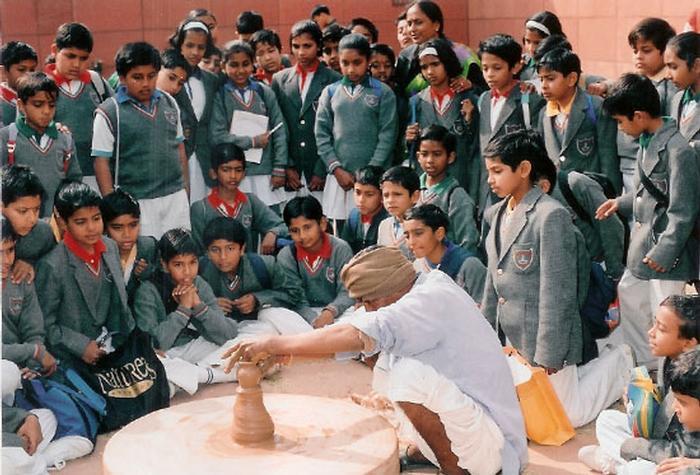Fathimath Ema Ziya - ProposalThe Lost Children of the CitiesGrowing up in the Maldives, people expect me to have lived an idyllic life composed of postcard-worthy snapshots of paradise. However, the image that is conjured in most people's minds stands in stark contrast to the images that I saw every day growing up in the capital city of Male'. With a population density of 23,000 people per square meter, the dense urban landscape of Male' is developing at a break-neck pace with buildings devouring the public realm like parasites. Due to the concentration of services in the capital compared to elsewhere in the country, people move here no matter the condition, size not the prices for housing in Male'. Many families live in poorly designed, cramped apartments leading to problems of privacy and space. Children, especially, are deprived of open spaces for them to play in. However, in recent years, a conscious effort was put into creating more parks for the children of the city.
Although this initiative solved the issue for younger children, a portion of the city's youth remained neglected. Teenagers were architecturally marginalized; too old to take part in the activities in these parks, yet too young to engage with the public realm as adults. For many of the city's youth, the only two spaces intentionally built for them are their schools and their homes. Without a space just for them, they may struggle to find their sense of identity and belonging within the city. This would be especially worse for children who have issues at home or school, as they lack a sanctuary to retreat to. The rise in crimes related to substance abuse amongst a younger population is an indication that vulnerable teenagers find solace in these substances, robbing themselves of bright futures.
After reading through previous essays of the Berkeley Prize, I was bombarded with potential solutions to this particular issue. One common thread that united all ingenious proposals was community engagement in the process. Instead of advocating for a "Howard Roarkian" method of architecture, where my education and my 'truth' are held above all else, I believe that to design this 'sanctuary for the youth' the target population must be consulted and empowered to create this space. Children aged 14-18 years old may often be dismissed or considered difficult, especially if they do not excel academically. However, by involving them in the process of creation, they would feel that the space truly belongs to them. Providing them with this safe space within the heart of the city would give them a chance to spearhead movements and initiatives targeting issues faced in the country. Through possible mentoring programs, they would be given the chance to explore their passions under the guidance of others. All of this would strengthen the dialogue between this group and the rest of the community, aiding in the integration of these teenagers who may otherwise not have had the chance, into society and presenting them with further opportunities to work towards bettering the city. Additional Help and InformationAre you in need of assistance? Please email info@berkeleyprize.org. |

